On July 15, Law 27,675 was enacted in Argentina. The regulations focus on the treatment of viral hepatitis and other diseases.
In addition to its impact in health terms, by ensuring for all Argentines universal and free access to diagnosis, treatment for hepatitis B and C and any derived or consequent disease, we must pay special attention for its implications for patent rights.
In particular, we must focus on the following provision of Law 27,675: “The use of the health safeguards of the Agreement on Trade-Related Aspects of Intellectual Property Rights (TRIPS) in accordance with the provisions of Law 24,481 , its regulations and complementary norms, that allow the sustainability of treatments for HIV, viral hepatitis, other STIs and TBC”.
The enactment of Law 27,675 may have important implications within the pharmaceutical industry, due to its express mention of:
- patent law 24,481 on patents for inventions and utility models
- TRIPs treaties, which regulate patent law at the international level
Indeed, the exceptions to patent rights provided for by this regulation, such as compulsory licenses or other forms of limitation of patent rights, could now be complemented or reinforced by the new law.
In this context, drugs intended for the treatment of diseases mentioned by law, such as AIDS, viral hepatitis, tuberculosis and other diseases and sexually transmitted infections, which have invention patent protection, could suffer some type of restriction. in their rights.
This new regulation deserves to be analyzed in detail, in order to eventually take the pertinent measures by each pharmaceutical company, taking into account the impact that the new law could have on the sector.
By Hector Ariel Manoff, Partner of Vitale Manoff & Feilbogen







